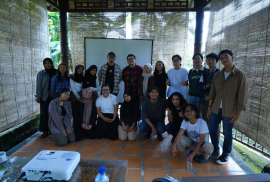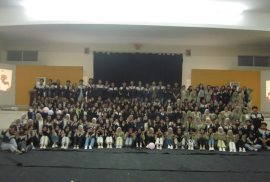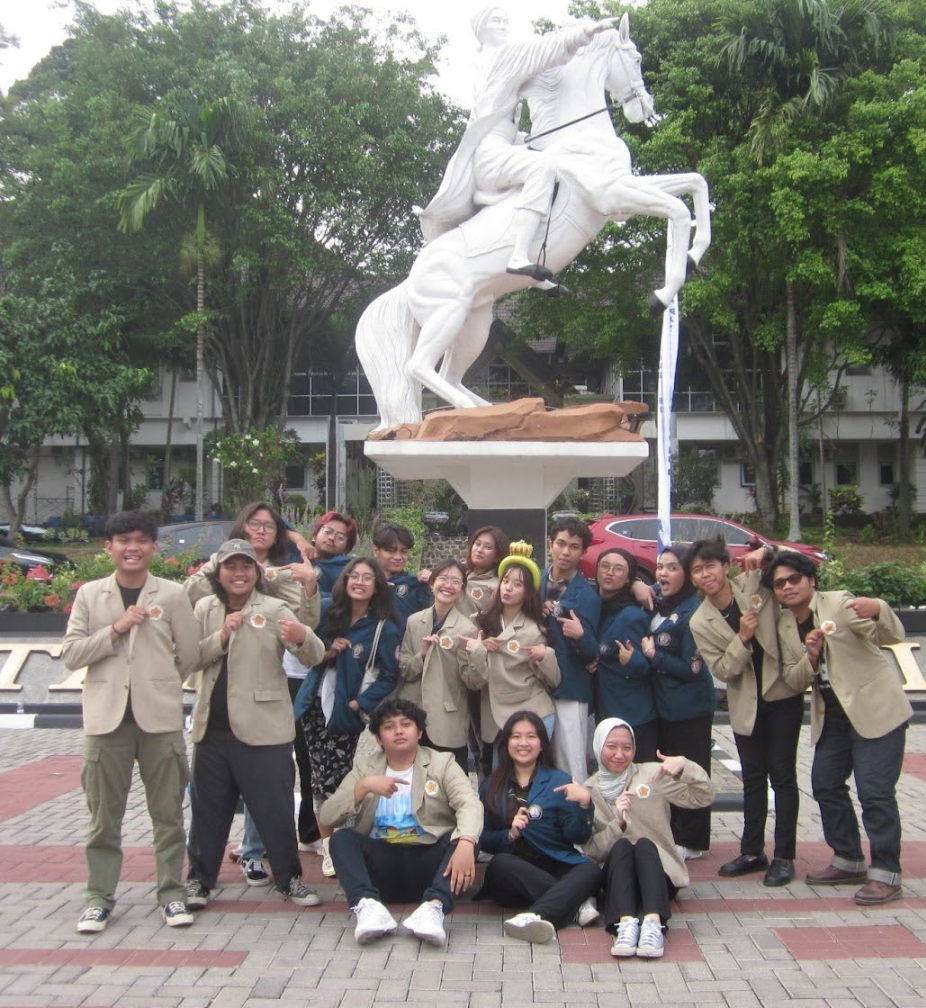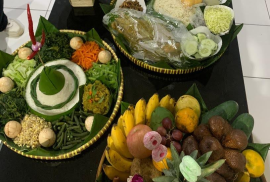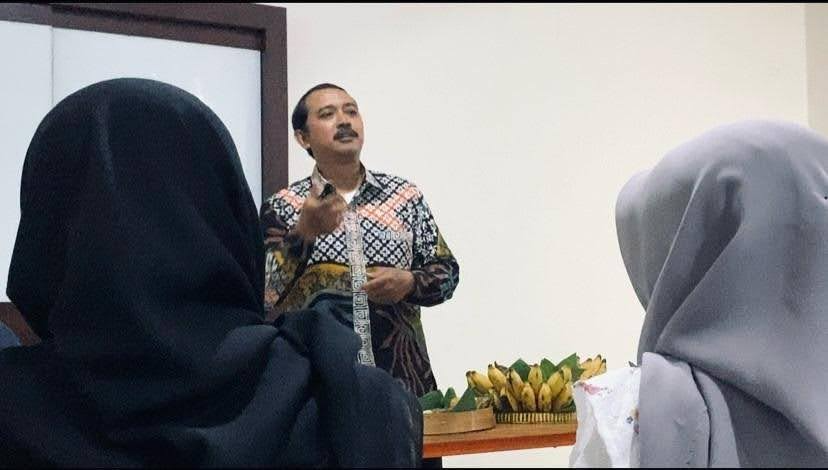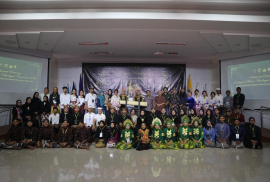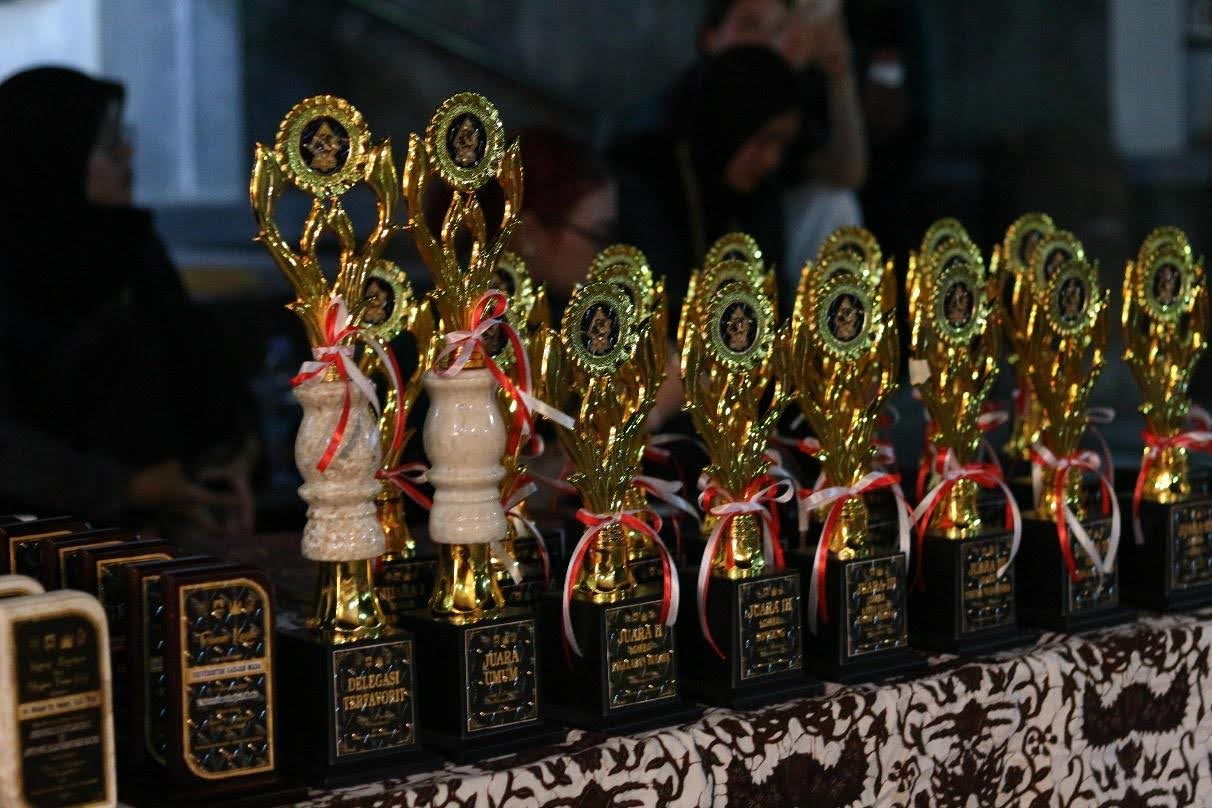A total of six students of the Faculty of Cultural Sciences underwent a Certified Cultural Internship program placed at the Balai Pelestarian Kebudayaan region X (Yogyakarta – Central Java), this internship is part of the Certified Internship and Independent Study activities. They came from several study programs namely Cultural Anthropology (Amandha Eva, Gemma Padira, Via Vitarina, and Widya Pandega), History (Duhita Prananing Tyasayu), and Arabic Literature (Salma Shidqiyah). The six students were divided into two fields, namely Assistant Cultural Heritage Recorder and Assistant Recorder of Cultural Promotion Objects. For four months from September to December 2024, they had the opportunity to expand their knowledge related to cultural heritage preservation, starting from multi tagging analysis, documentation, the process of determining cultural heritage and intangible cultural heritage, data collection, to interviews.

Documentation of internship students while exploring Ijo Temple
Not limited to data collection, interns also have the opportunity to participate in the process of the Cultural Heritage Expert Team hearing and play a direct role in the formation of Regional Cultural Thoughts (PPKD). Before collecting data directly in the field, they were introduced to the Directorate General of Culture and its duties and functions, they also received briefings related to the types and legal protection of Cultural Heritage and Cultural Promotion Objects,
As a final project, they translated the cultural heritage into a magazine entitled Tracing the Charm of Ijo Temple: Civilization Above the Clouds, a “Cultify” podcast inviting KI Gondo Suharno, and flashcards containing several Objects of Cultural Advancement as learning media for students in kindergarten. In addition, they also worked on individual assignments in the form of scientific papers on critical reviews of various aspects of cultural heritage.
[Public Relation of Faculty of Cultural Sciences, Sandya Kirani]


